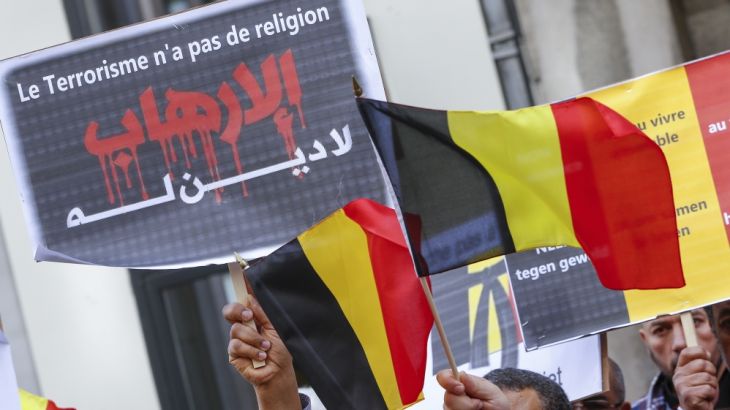
Who defines ‘terrorism’?
Recent attacks have brought the use of the word to the fore, but who decides whether a crime is terrorism act or not?
It’s a word many of us hear almost every day. A politicised word that means different things to different people, demonstrated in the somewhat cliched phrase: “One man’s terrorist is another man’s freedom fighter.”
Despite various attempts, there is no internationally accepted definition of the word “terrorism”.
Keep reading
list of 4 itemsArrest made after fire damages Florida mosque
Orlando shooter complained of anti-Muslim taunts
US Republicans move to thwart Democrat sit-in on guns
And who gets called a terrorist is often a matter of prejudice, semantics and speculation.
Much of the media were quick to label Omar Mateen’s massacre of 49 people in Orlando, a terrorist act. We were told that he had pledged allegiance to the Islamic State of Iraq and the Levant (ISIL) group shortly before the attack. And had been investigated by the FBI. But the more we find out, the more murky the picture gets.
Mateen had been a regular visitor to the Pulse gay club. And he may have used gay dating apps. And his ex-wife alleges a history of mental illness and domestic violence.
President Barack Obama says the Orlando shootings are both a hate crime and terrorism.
So, who gets to decide whether a crime is terrorism or not?
Presenter: Dareen Abughaida
Guests:
Andrew Mumford – Associate Professor in Politics and International Relations at the University of Nottingham.
Rashad Ali – Counterterrorism Analyst.
Qasim Rashid – Visiting Fellow at Harvard University’s Prince Al Waleed bin Talal School of Islamic Studies.